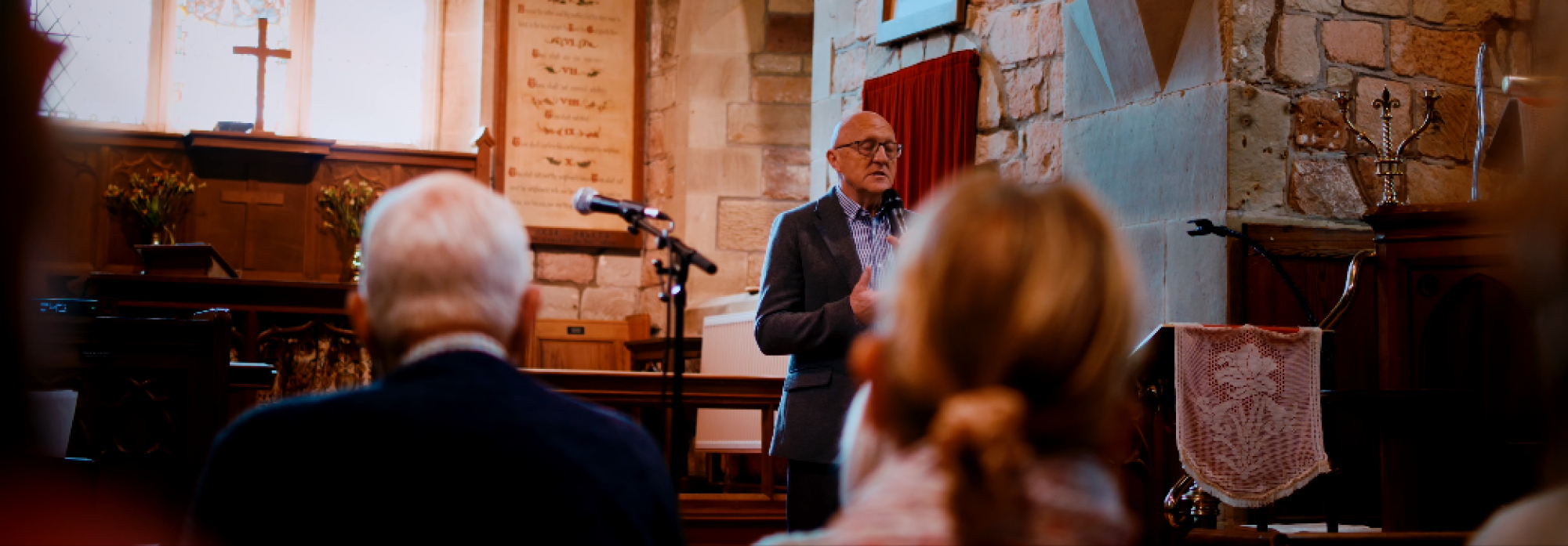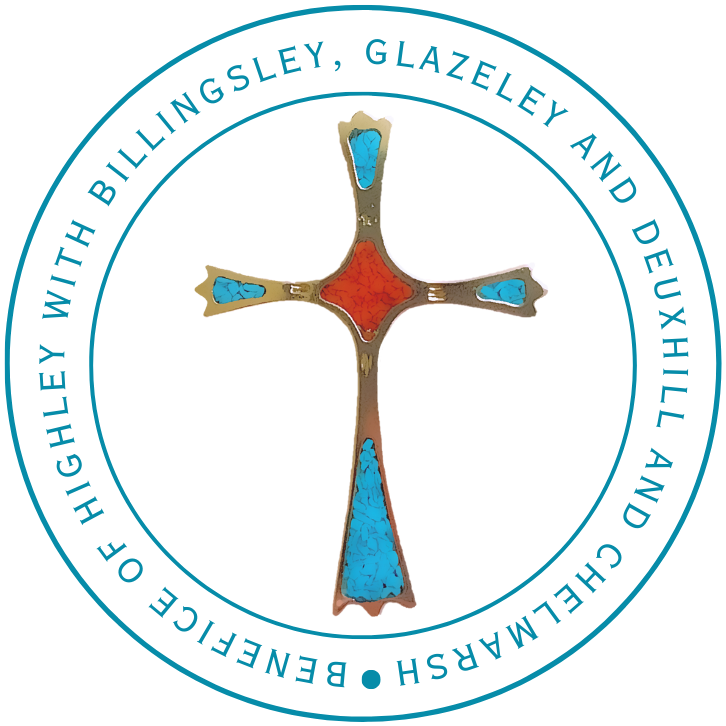Gregory Dix was a priest, a monk and a historian, remembered by the Church of England. His particular passion was the development of the service of Holy Communion, the Eucharist, where the church gathers together to take consecrated bread and wine as instructed by Jesus, in remembrance of him and because they represent his body and blood. Although he died in 1951 and modern scholars might take issue with some of his views, he is justly famous for his reflection on Jesus’s command to his disciples, spoken the evening before Good Friday. I first came across his words in 1979; they continue to move me.
“[Jesus told his disciples to celebrate Holy Communion]. Was ever another command so obeyed? For century after century, spreading slowly to every continent and country and among every race on earth, this action has been done, in every conceivable human circumstance, for every conceivable human need from infancy and before it to extreme old age and after it, from the pinnacle of earthly greatness to the refuge of fugitives in the caves and dens of the earth. Men have found no better thing than this to do for kings at their crowning and for criminals going to the scaffold; for armies in triumph or for a bride and bridegroom in a little country church; …. for the wisdom of the Parliament of a mighty nation or for a sick old woman afraid to die; …. while the lions roared in the nearby amphitheatre; on the beach at Dunkirk; while the hiss of scythes in the thick June grass came faintly through the windows of the church; tremulously, by an old monk on the fiftieth anniversary of his vows; furtively, by an exiled bishop who had hewn timber all day in a prison camp near Murmansk… —one could fill many pages with the reasons why men have done this, and not tell a hundredth part of them. And best of all, week by week and month by month, on a hundred thousand successive Sundays, faithfully, unfailingly, across all the parishes of Christendom, the pastors have done this just to make the plebs sancta Dei—the holy common people of God.”
Rev David Poyner

